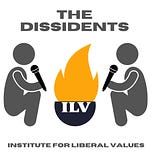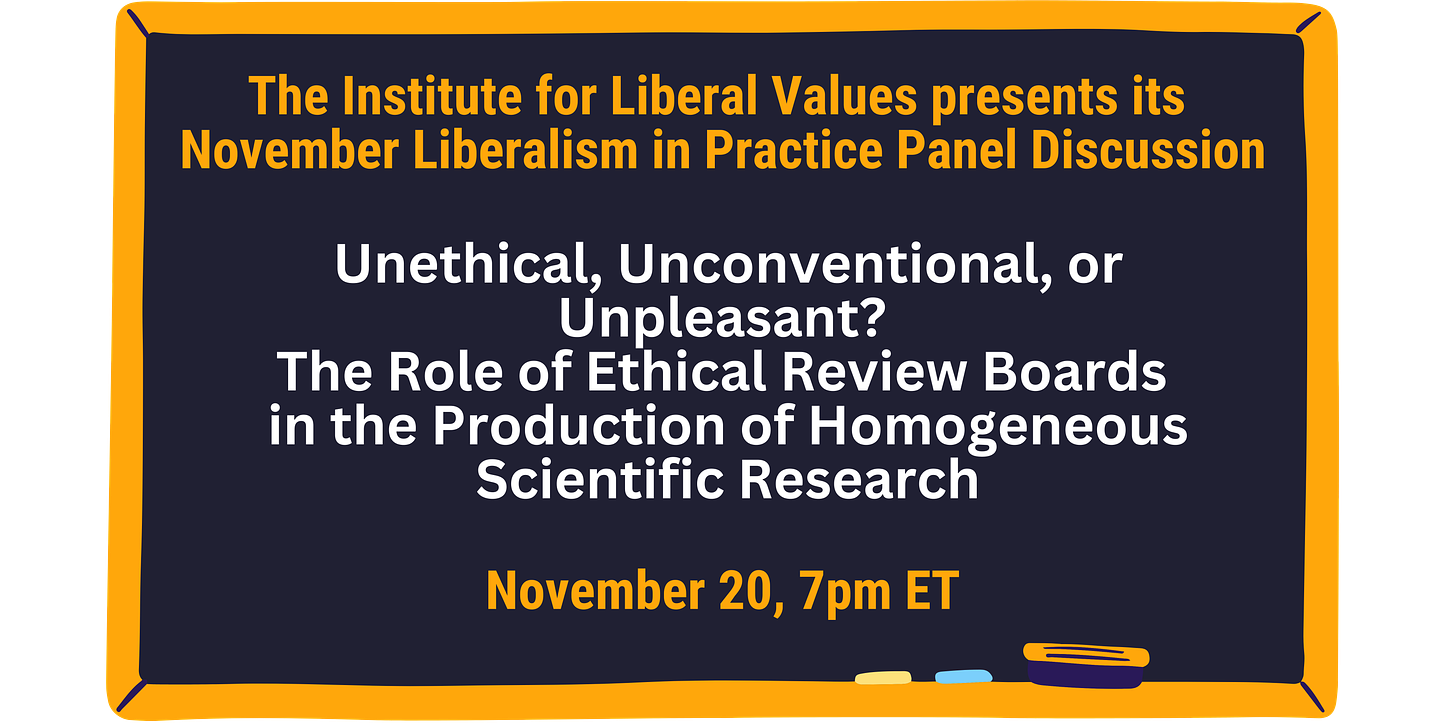In this week's episode Elizabeth and Matt Watson discuss orthodoxy and student disaffection in social work education. A recent survey project revealed that, while most students report a positive social work education experience, the feeling is by no means universal. Some students perceive that their religious beliefs, political ideology, or even their gender identity may be incompatible with social work, Some students reported that they actively self-censor or misrepresent their thoughts and opinions out of fear. Not surprisingly, they also reported that their professors were not open to alternative ideas or perspectives. Matt and Elizabeth discuss the study outcomes in the context of ethical responsibilities in social work education and practice. We express our hopes that recent trends toward narrow definition of diversity pedagogy will expand to include viewpoint diversity that welcomes more students to fully participate in social work education.
We reached out to the author and Dr. C.J. Sorenson joined us for a follow up on his findings. We asked CJ about provisions for protecting religious and political views, and how social work faculty can avoid alienating their less progressive students at a time when the field needs more good candidates. C.J. expressed openness and commitment to viewpoint diversity in social work classrooms and practice. We all agree that these are the kind of difficult conversations we need in the fields of social work and social work education.
Podcast notes
C.J. Sorenson, Tiffanie Jones & Rachel Casey (24 Jan 2024): The In-class experience of social work students based on their political ideology, Social Work Education. https://doi.org/10.1080/02615479.2024.2307527
LCSW Matt Watson cohosts from our ILV partner, ProSocial Workers.
ProSocial Workers is committed to creating a viewpoint inclusive and politically diverse environment for social workers and other helping professionals. Professionals can find support and continuing education at ProSocialWorkers.com.
Get access the full author Q&A here.
Second part of the series: Left Turn in Social Work Education: The Harmful Effects of a Narrow Political Ideology
First part of the series: Critical vs. Classical Social Justice in Social Work
Join us for our November Liberalism in Practice Panel Discussion with ILV Fellows Elizabeth Spievak and Pamela Hayes-Bohanan and guests Lee Jussim and Catherine Salmon. Mark your calendars and join us live on X (@ilvalues) or YouTube.
Panelists will discuss risk/reward balance in the review of human subjects research. Institutional overreach has been debated for years, and researchers often feel that academic freedom is sacrificed in favor of administrative concerns about legal liability. More recently, researchers claim that institutional concern about social criticism is forcing them to engage in burdensome justifications and even to censor, revise, or abandon their research plans. Institutional review boards (IRB) have a duty to protect unwitting (or misled) research participants from harm, but does that charge extend to protecting them from transient offense? Are such reviews safeguarding science and reputations, or producing homogeneous projects that slow the search for truth?











Share this post